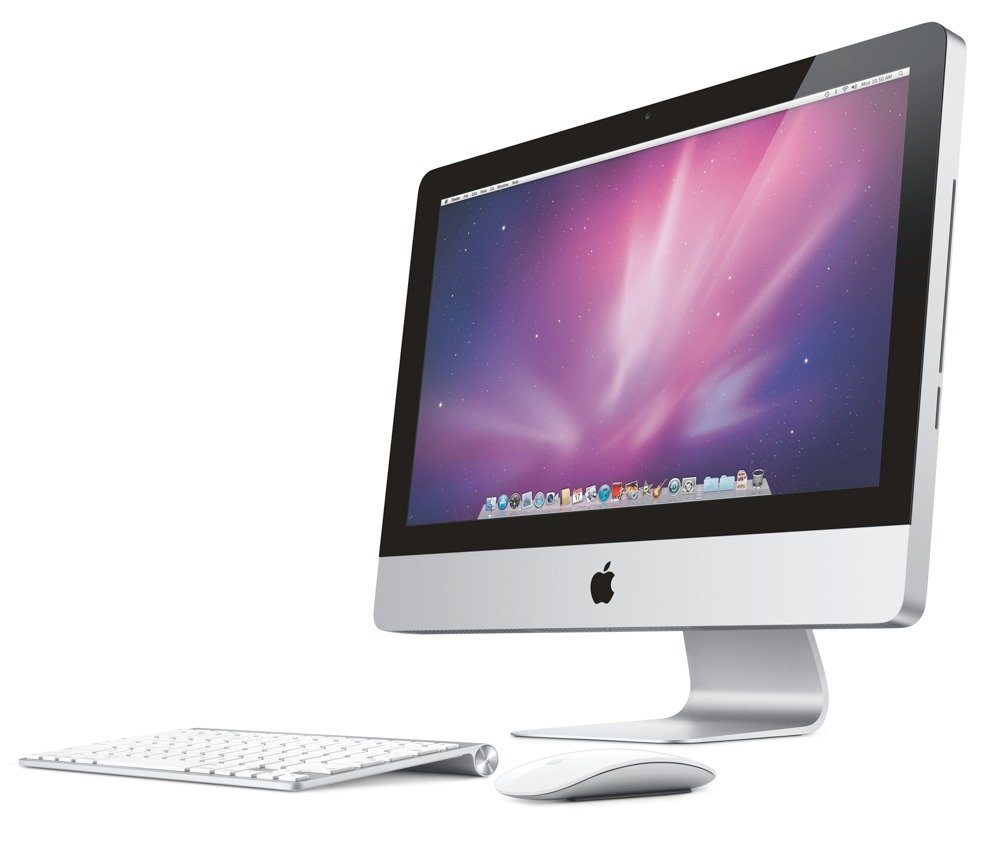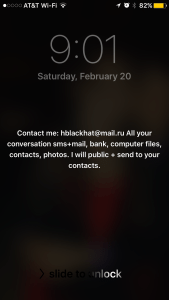Security seems to be getting a hit on every platform nowadays. Just days ago we witnessed the first Ransomware threat for iOS and Mac devices, and now a new iCloud hack has appeared which seems much more threatening than the regular Ransomware threats we are accustomed to.

In a basic Ransomware program, users files are encrypted and then a ransom is asked to unlock the same. Only last week, KeRanger, a Mac targetted ransomware was spotted for the first time.
But, even before that, Thomas Reed from Malwarebytes LABS, encountered a threat far worse than anything seen for Windows. This hack turned the iMac totally useless.
A woman named Erica contacted Reed, telling him that her Mac was locked by ransomware. At first, he thought this was nothing but a regular scam over the internet, pretending to be ransomware, but easy to get rid of. He was taken aback when Erika said her computer was asking for a six-digit code, and that a Russian hacker was asking for payment in exchange for the code.
She also sent screenshots to him clearing the air about the issue. It appeared that the hacker had somehow gotten access to Ericka’s iCloud account and using that he locked her out of her own computer, with a ransom message displayed on the screen. (For some reason, the iPhone did not actually end up locked, but displayed the same message.)

The message read: “Contact me: hblackhat(at)mail.ru All your conversation sms+mail, bank, computer files, contacts, photos. I will public + send to your contacts.”
Erica wasn’t helped by Apple too since the Mac was already 6 six years old and she lost the sale receipt. This reluctance to unlock a device is generally a good thing for those whose devices have been stolen. But, in this case, we would have Apple to take sides with Erika as the ransom message was clearly flaunting on the screen.
Hacking is definitely on the rise with so many targets available for culprits. To make sure you stay safe, we advise you to use long passwords in place of shorter ones. Also, turn on two-factor authentication on your iCloud account. This ensures that access to your iCloud account is restricted only to someone in possession of one of your designated “trusted” devices. That makes it significantly harder for a Russian hacker to remotely access your account!
Last but not the least is BACKUP. Always maintain a backup of important stuff to ensure you are only at the risk of losing the device and not the important files at hand.
